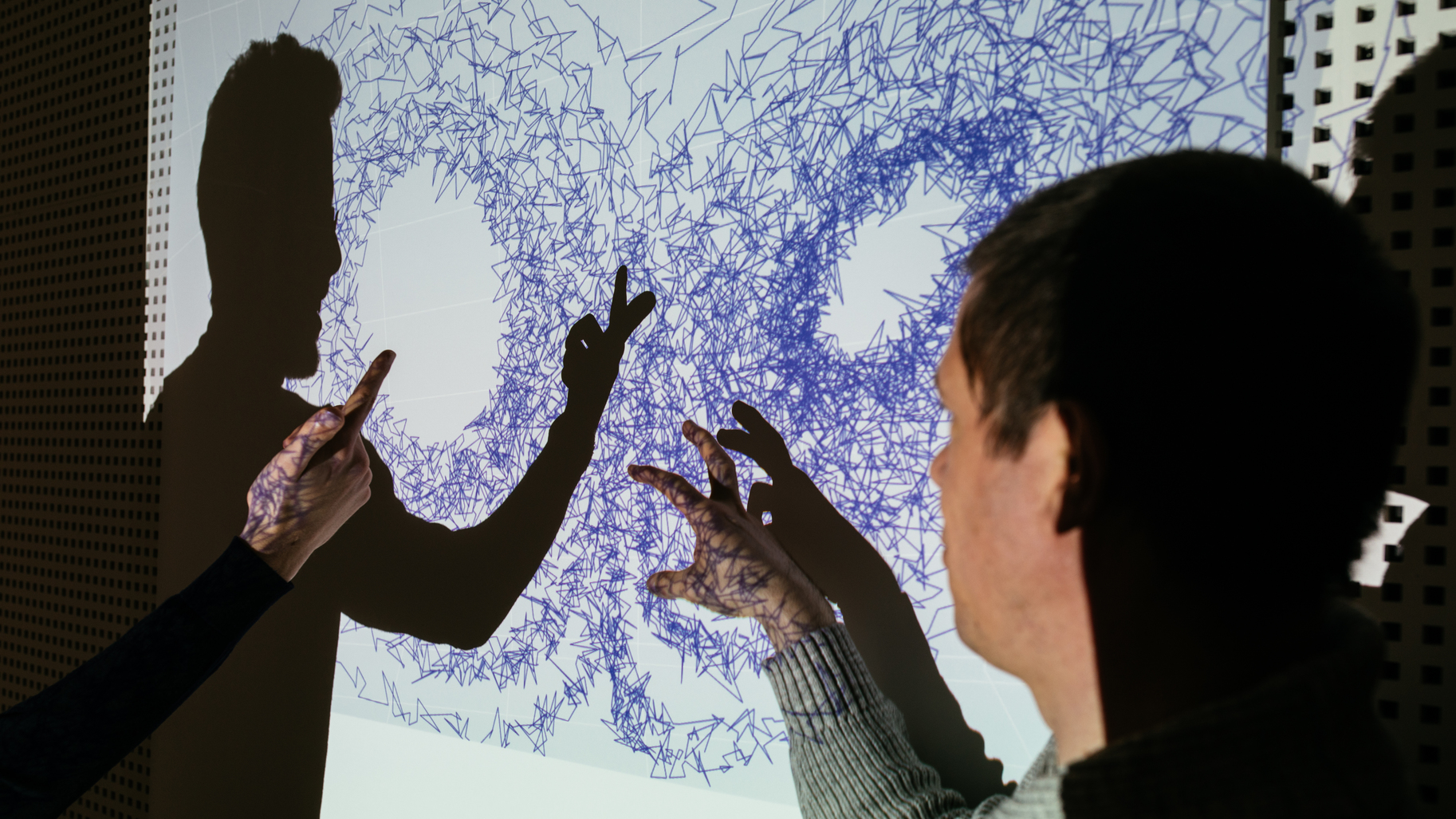
The need to work together on artificial intelligence
Initiated by France and Canada during their G7 presidencies in 2018 and 2019 to strengthen international collaborations around artificial intelligence, the Global Partnership for AI (GPIA) was launched in June 2020 with the aim of promoting the use of AI that respects human rights and democratic values.
Three centres of expertise have been set up to support the partnership: in Paris, hosted by Inria; in Montreal, hosted by the Montreal International Centre of Expertise for the Advancement of Artificial Intelligence (CEIMIA); and in Tokyo, hosted by the National Institute of Information Technology and Telecommunications (NICT). Over the past four years, a multi-disciplinary, international network of nearly 150 experts has led projects to meet the economic and societal challenges posed by artificial intelligence, mobilising dozens of partnerships with research and innovation ecosystems around the world.
Changes to the system
Since then, the PMIA has been integrated into the Organisation for Economic Co-operation and Development (OECD) to maximise its impact by pooling AI expertise. The partnership thus benefits from the OECD's expertise, particularly on economic and public policy issues, to help its members converge towards common standards and institutional priorities. In addition, the centres of expertise, including Inria, as strategic partners, open up the field of expertise. They provide scientific and societal perspectives to support this dynamic alongside institutional, academic, industrial and public players.
Verbatim
AI as a general-purpose technology requires international cooperation to be supported by interdisciplinary expertise. It must be rooted in science and the diversity of societal and technological contexts. This is why OECD members have decided to step up collaboration with centres of expertise.
Managing Director of the Inria Centre of Expertise
As such, Inria supports the Centre d'expertise pour la coopération internationale en IA in Paris, whose mission is to strengthen the actions already underway by focusing on solutions rooted in scientific research, interdisciplinarity and the concrete realities of different global contexts.
Supported by the French ministries for research, the economy and foreign affairs, the centre is stepping up its work in two major areas:
- Developing concrete projects: supporting international AI initiatives, focusing on innovative solutions and partnerships.
- Leading an international scientific network: bringing together researchers and experts to work on key AI-related issues.
Strengthening Inria's impact on AI-related issues
For Inria, this centre represents both continuity and evolution. It will enable us to continue the work we have begun with the OECD, while opening up new prospects through extended partnerships. In this way, Inria is making available its expertise in running research programmes and developing partnerships as part of collaborative initiatives.
Verbatim
The centre of expertise adds another string to Inria's bow by drawing on its know-how, both in conducting and promoting scientific projects and as an ecosystem coordinator. In this context, Inria is becoming a strategic partner of the OECD. Beyond that, the centre of expertise will be one of the levers for Inria's international AI strategy, for the benefit of our ecosystem.
Aurélie Simard
To give concrete form to its action, the centre is currently defining its roadmap detailing the deployment of international projects and its governance model, in conjunction with its main partners.
This renewed mandate marks the centre's determination to promote interdisciplinarity and ensure the adoption of artificial intelligence serving the common good on a global scale. This objective has been reaffirmed at national level, as France prepares to host the AI Action Summit in February 2025.